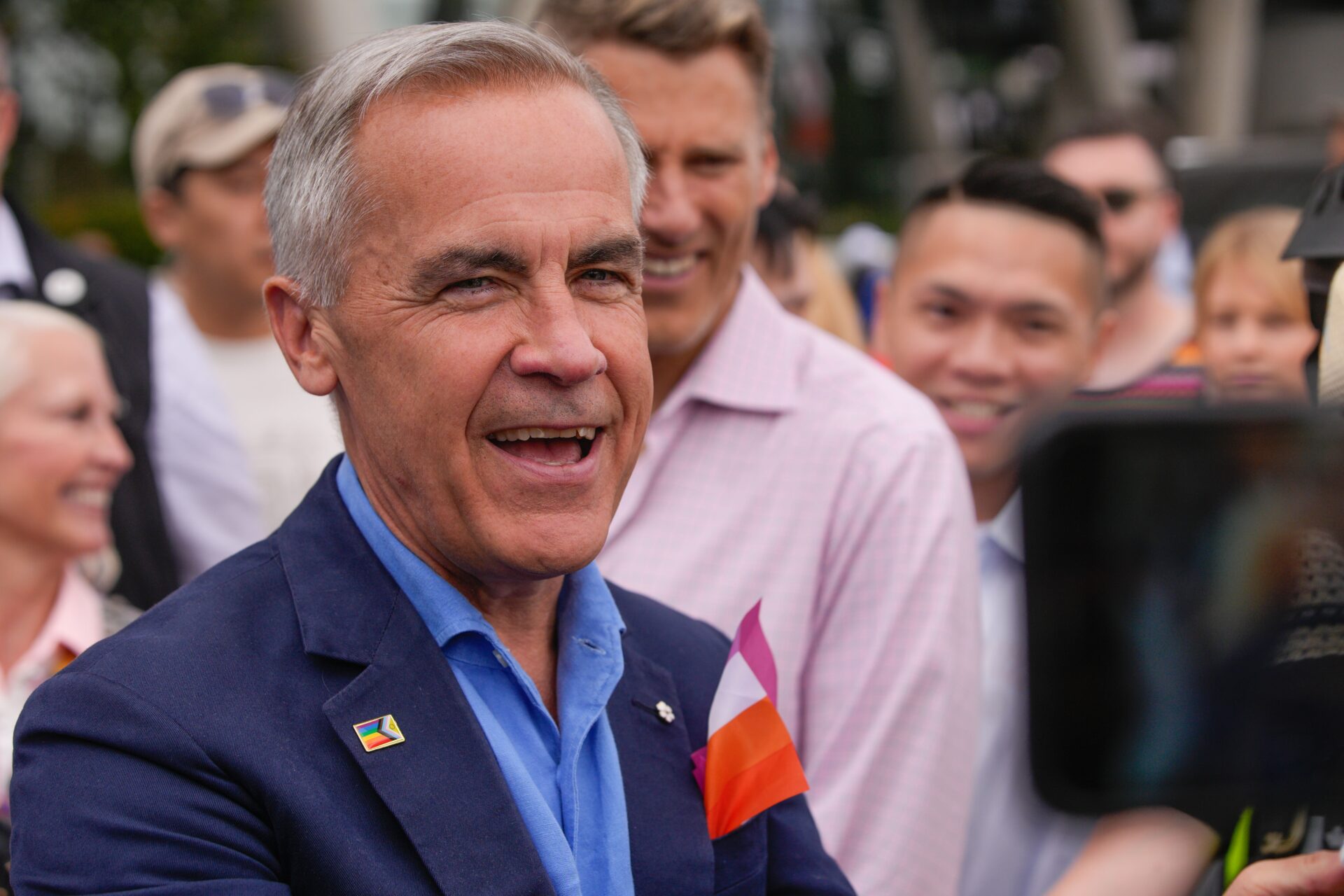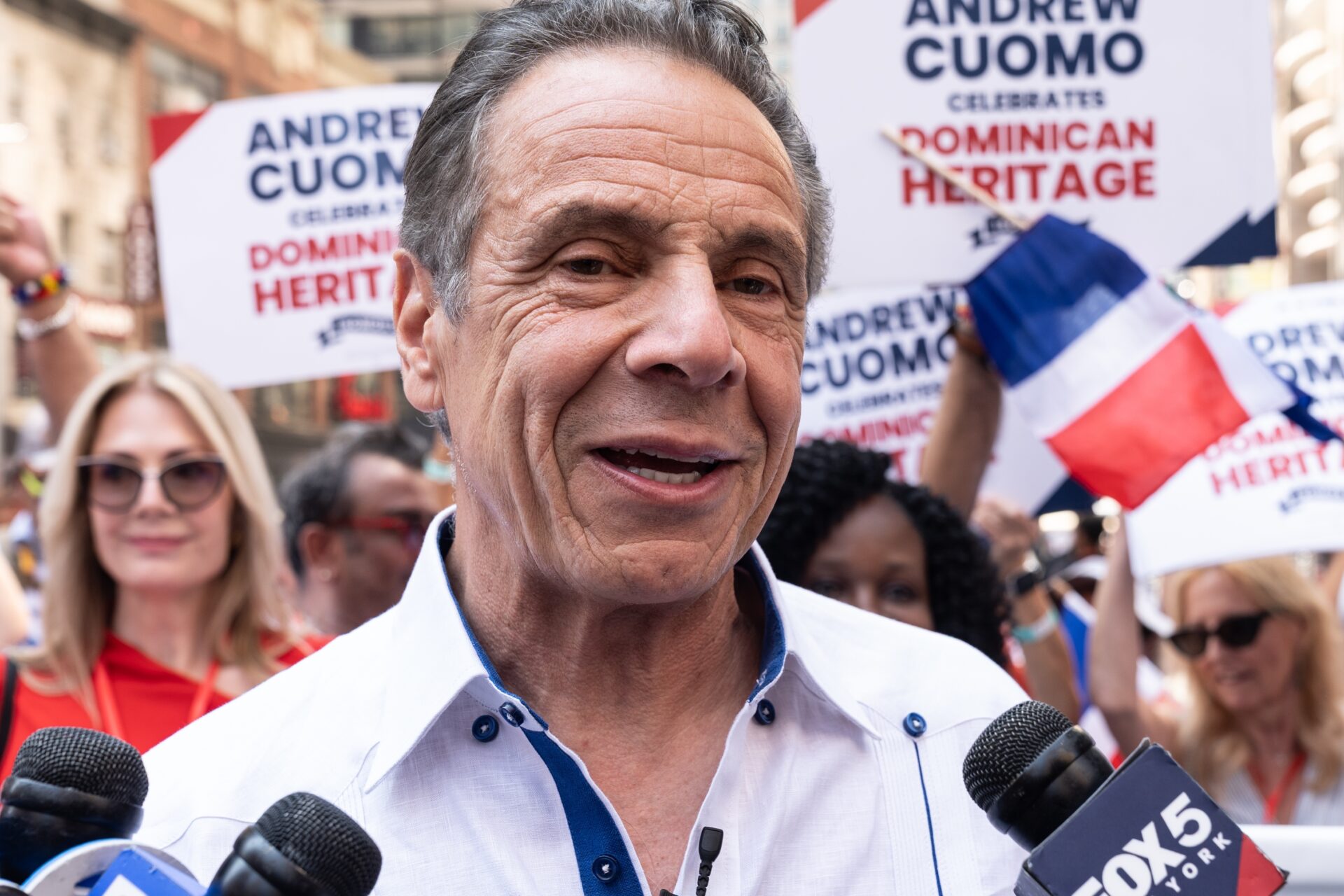
Trump’s Bold Drug Plan Sparks Constitutional Chaos
President Trump’s directive to enforce stricter involuntary commitment laws for drug users raises constitutional and ethical debates amid a rehab shortage crisis.
Story Highlights
- President Trump pushes for national enforcement of involuntary commitment laws.
- Rehabilitation centers face capacity and funding challenges.
- Critics warn of increased overdose risk following forced treatment.
- Civil rights concerns emerge over individual liberties.
Presidential Push for Involuntary Commitment
In 2025, President Trump announced a national initiative to enforce stricter involuntary commitment laws for individuals with severe drug use disorders. This move aims to curb the rising overdose crisis but encounters significant challenges, including the high rehabilitation costs and a critical shortage of treatment beds. The initiative reflects a broader strategy to address drug addiction through forced treatment, a contentious approach given the varying state laws and existing infrastructure constraints.
The president wants to enforce involuntary commitment laws for severe drug use. But rehab is expensive, without enough beds for those who seek it.https://t.co/t0SHcomI4p pic.twitter.com/jaWy4ultlr
— Amy Sheinberg, Ph.D. (@dramysheinberg) September 17, 2025
Challenges Faced by Rehabilitation Facilities
The expansion of involuntary commitment laws has spotlighted the inadequacies within the current rehabilitation infrastructure. Many facilities are operating at or beyond their capacity, a situation exacerbated by insufficient funding. With Medicaid covering most treatment costs, the financial strain on public health systems is evident. The lack of adequate treatment beds and the high cost of rehabilitation hinder the effective implementation of the President’s directive, raising questions about its feasibility and potential impact on the nation’s public health and safety.
Moreover, states have varied approaches to handling involuntary commitment, with some relying on correctional facilities for treatment, which blurs the line between healthcare and incarceration. This situation underscores the need for a balanced strategy that respects state autonomy while addressing the national overdose crisis.
Watch the report: Trump’s New Order: Involuntary Commitment
Ethical and Legal Concerns
Data-driven scrutiny from the Massachusetts Department of Public Health highlights an increased risk of overdose following involuntary treatment, sparking ethical and legal debates. Critics argue that forced treatment may lead to higher mortality rates and question its efficacy compared to voluntary, evidence-based approaches. Civil rights advocates express concern over potential violations of individual liberties and due process, emphasizing the need for policies that prioritize patient rights and safety.
Despite these concerns, proponents maintain that involuntary commitment can save lives, especially when voluntary treatment options fail. The ongoing debate highlights the complex interplay between public safety, healthcare efficacy, and civil liberties, necessitating a nuanced approach to addiction treatment policy.
Sources:
https://www.nytimes.com/2025/09/17/health/trump-drug-users-involuntary-commitment-rehab.html


